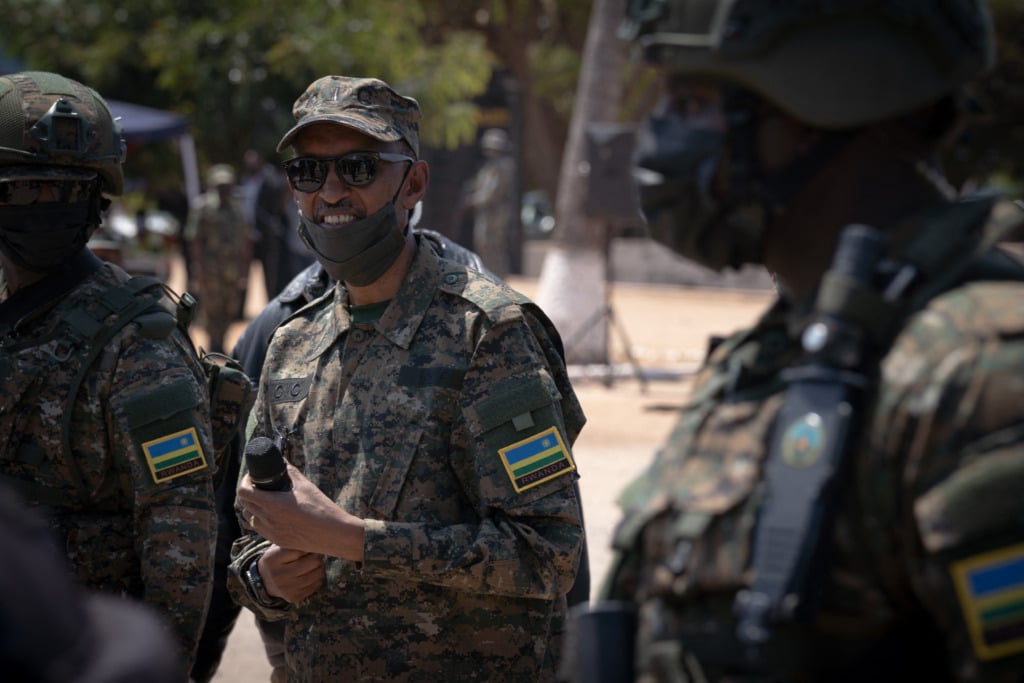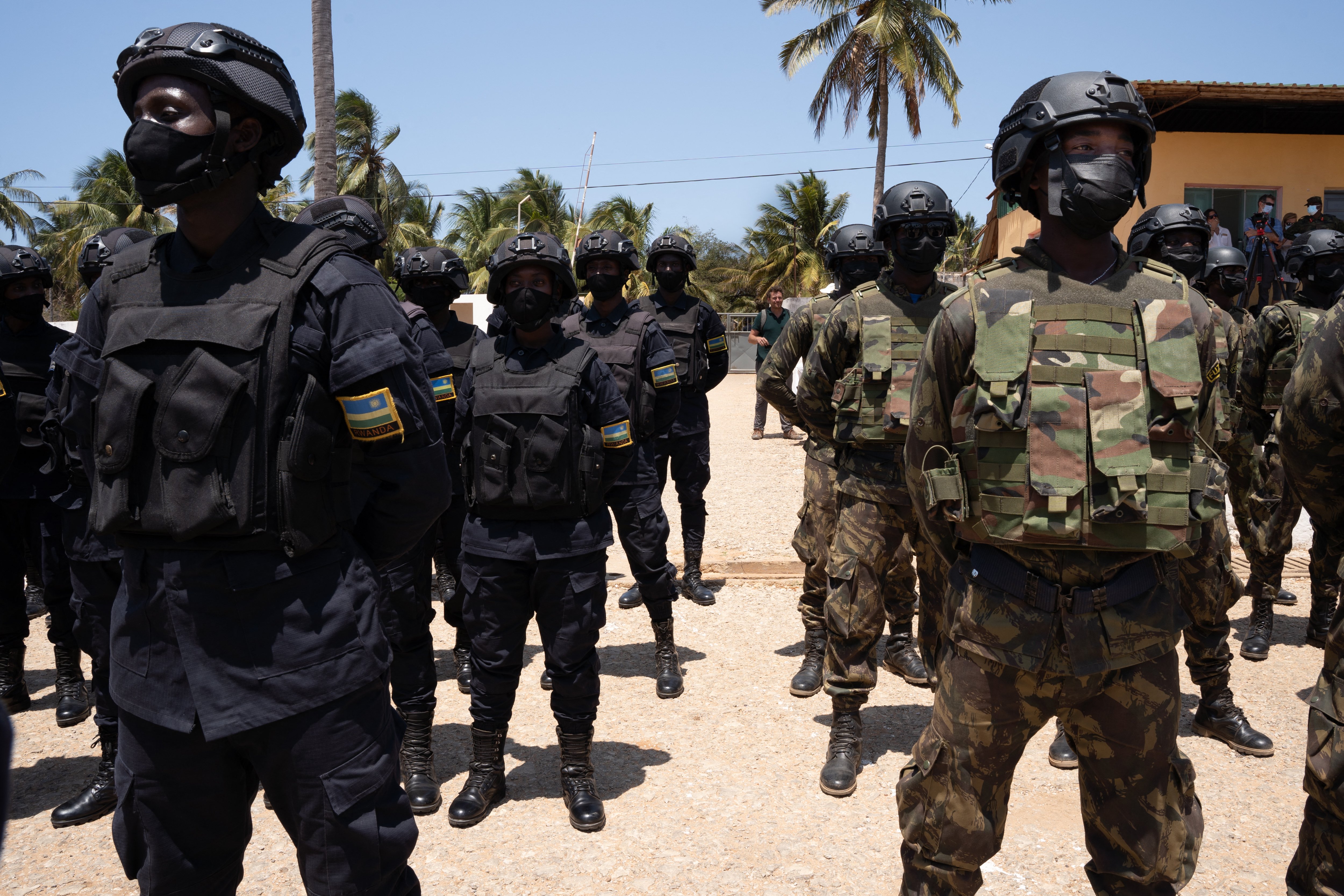Oil and gas projects across the continent continue to be prime targets for militant groups with political and economic grievances against incumbent governments.
Fixed field assets are often located in remote areas, making them easier to attack and curtailing crucial government revenues. Once ignited, pipelines, processing plants and oil and gas wells can cause extensive damage to infrastructure and the immediate vicinity and often necessitate expensive clean-up operations.
Nigerian and Libyan facilities have long been targets for anti-government militants but security concerns are also emerging in Chadian oil fields and Mozambique’s nascent gas industry.
Although militants have occasionally launched daring raids on deepwater fields far out to sea from the Niger Delta, sea-borne projects have largely been sheltered from the violence inflicted on onshore and shallow water wells, pipelines and processing plants in the Delta itself.
However, Mozambique’s potentially transformative offshore gas industry is under threat because most of the gas from the various projects is to be piped onshore for processing at the port of Afungi, which is vulnerable to attacks from terrorist group Ahlu Sunnah Wa-Jamamah (ASWJ).
The ASWJ originated in Cabo Delgado Province in 2017 and launched violent attacks on villages before targeting the planned LNG scheme. More than 3,000 people have been killed and 820,000 have fled their homes.
In March, attacks close to gas sites prompted developer TotalEnergies – the new name for French firm Total – to suspend work on the LNG plant, which will process gas for both of the main offshore gas consortia in the area. Billions of dollars of investment are at stake in a project that could transform Mozambique’s economic prospects.
After the Mozambican army and assorted international security contractors proved unable to retake towns seized by the ASWJ, the Southern African Development Community Mission in Mozambique (SAMIM), reinforced by a contingent from the Rwandan army, led an intervention. A force of 1,000 Rwandan soldiers deployed to the area in July retook the key town of Mocímboa da Praia, which the militants had held for over a year.

In September, Rwanda’s President Paul Kagame called on developers to return to the project, saying that it was now safe to resume work. No specific date has been given but TotalEnergies has suggested that the plant will be completed two or three years later than the scheduled date of 2024. The position of the company leading the other main consortium, ExxonMobil, remains unclear.
In the long run, it may prove relatively straightforward to defend Afungi because the liquefaction plant and nearby harbour lie on a single location, in contrast to the Niger Delta, where there are 7,000 wells and countless pipelines in shallow water and swamp areas carved up by numerous creeks. Protecting surrounding villages and the town of Palma, which previously housed contractors working on the LNG project, is a more difficult challenge.
The division of security responsibilities between the army, police and security forces employed by the LNG developers needs to be carefully set out. Moreover, while the direct causes of the uprising are contested, the contrast between poverty in the area and the wealth expected to be generated by oil and gas development helps to create an environment in which militancy flourishes. Security requires local economic development as well as armed protection.
Progress in Libya
At the other end of the continent, some progress has been made in settling Libya’s long-running civil war and rebooting its troubled oil industry.
The country has been divided since the overthrow of Muammar Gaddafi in 2011, with rival administrations centred on Tripoli and the east of the country. The threat to the oil sector comes through militant attacks and blockades that prevent oil exports. According to the Libyan National Oil Corporation (NOC), the blockade of Libyan oil sustained for the first nine months of 2020 cost the country at least $9.8bn.
Financing is also a key challenge, with two separate central banks printing money on each side of the country leading to destabilisation of the Libyan dinar.
A ceasefire was declared last year, while the two rival administrations agreed in October to oversee the phased withdrawal of all foreign fighters, including mercenaries, from the country. The UN estimates that there have been at least 20,000 foreign fighters in the country, including Turkish soldiers tasked to protect the UN-recognised administration in Tripoli.
A provisional Government of National Unity was formed on 10 March 2021 this year to unify the rival Government of National Accord based in Tripoli and the Second Al-Thani Cabinet based in Tobruk.
Jan Kubis, the UN special envoy for Libya, said that the October deal “creates a positive momentum that should be built upon to move forward towards a stable and democratic stage, including through the holding of free, credible and transparent national elections on 24 December, with results accepted by all.”
Libyan oil production has fluctuated since 2011 but has recovered significantly since the ceasefire and now stands at an improved 1.3m barrels per day (b/d). The creation of a stable and united government and improved security would allow this to increase significantly, as reserves of 48bn barrels are sufficient to attract substantial foreign investment.
Oil minister Mohamed Aoun, a member of the Government of National Unity, said in September: “I would like to personally encourage foreign companies, especially those from the US, to come back.” On 21 October, Aoun fired the chairman of the NOC, naming an interim manager until the board of directors meets to decide a permanent replacement.
Tripoli has set a goal of boosting output to 2-2.5m b/d by 2027 but much will depend on the outcome of the elections and progress by the unity government.
Uncertain outlook for Chad
Meanwhile, security fears have increased in Chad since the sudden death of President Idriss Déby.
Déby, who ruled the country for three decades, was killed on 20 April, reportedly while fighting Islamist militants in the north of the country from the Libya-based Front for Change and Concord in Chad. The presence of interlinked conflicts on either side of the international border has made it difficult for the government to tackle insecurity and project itself as a stable investment destination.
The ruling National Transition Council in N’Djamena will begin a period of national consultation at the end of this year, culminating in presidential elections in mid-2022. However, there are fears that the current government, led by Mahamat Idriss Déby – the son of the former president – will seek to retain power and monopolise control of oil revenues, fuelling future insurgencies.
“It may be unclear yet what kind of impact this will ultimately have on crude output. The ensuing instability and potential security problems do raise the risks,” commented Sami Yahya, senior energy analyst at S&P Global Platts Analytics, at the time of Déby’s death. Chad produced an average of 140,000 b/d last year, exporting its crude oil via a 1,050km pipeline that runs to the Port of Kribi in Cameroon.
Will tensions ease in Niger Delta?
The longest-running oil conflict in Africa remains in the Niger Delta, where militant groups target oil and gas sector infrastructure, sometimes in protest at local poverty and environmental degradation, at others in order to steal oil. Although the level of violence fluctuates, workers have been kidnapped and pipelines blown up or illegally tapped to siphon off oil for years, costing billions of dollars in revenues.
It had been hoped that oil industry reform would help to calm underlying tensions in the region, so the government hopes that the recent landmark passage of the long-awaited Petroleum Investment Act (PIA) could help to ease tensions in the Delta. Yet while campaigners had hoped that the PIA would require oil companies to pay 10% of oil revenues to host communities, the new law includes a provision for just 3%, a significant disappointment to many campaigners.
While the Act is likely to encourage greater upstream investment and bring certainty to operators, it remains to be seen whether the local revenue provision will be enough to offset future violence.
Read more about African oil and gas in our special report on the African energy sector
Want to continue reading? Subscribe today.
You've read all your free articles for this month! Subscribe now to enjoy full access to our content.
Digital Monthly
£8.00 / month
Receive full unlimited access to our articles, opinions, podcasts and more.
Digital Yearly
£70.00 / year
Our best value offer - save £26 and gain access to all of our digital content for an entire year!
 Sign in with Google
Sign in with Google 



